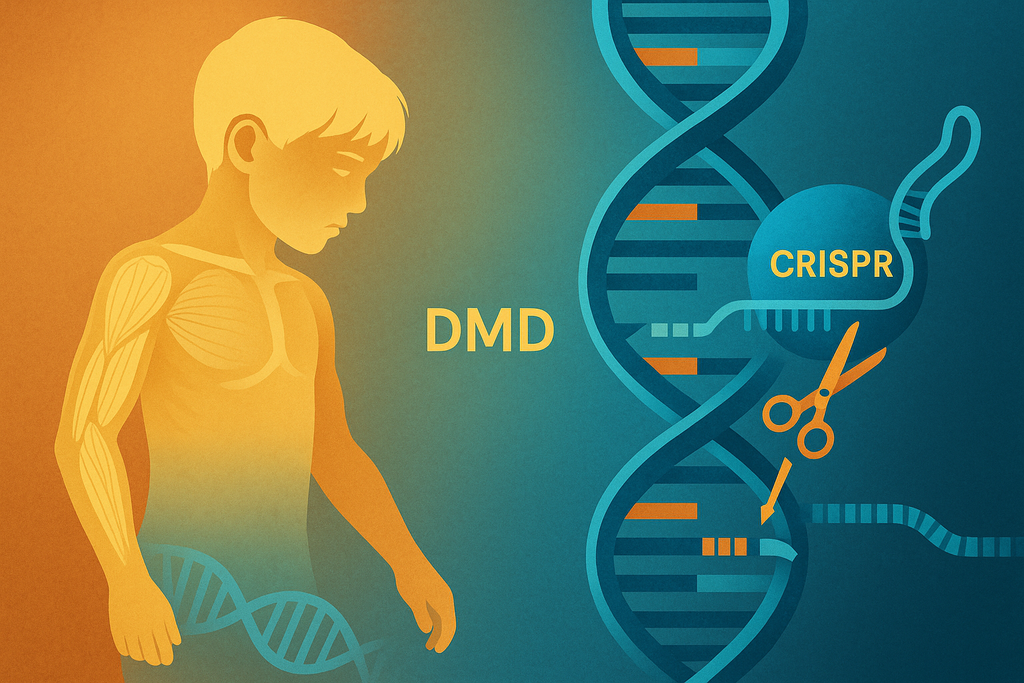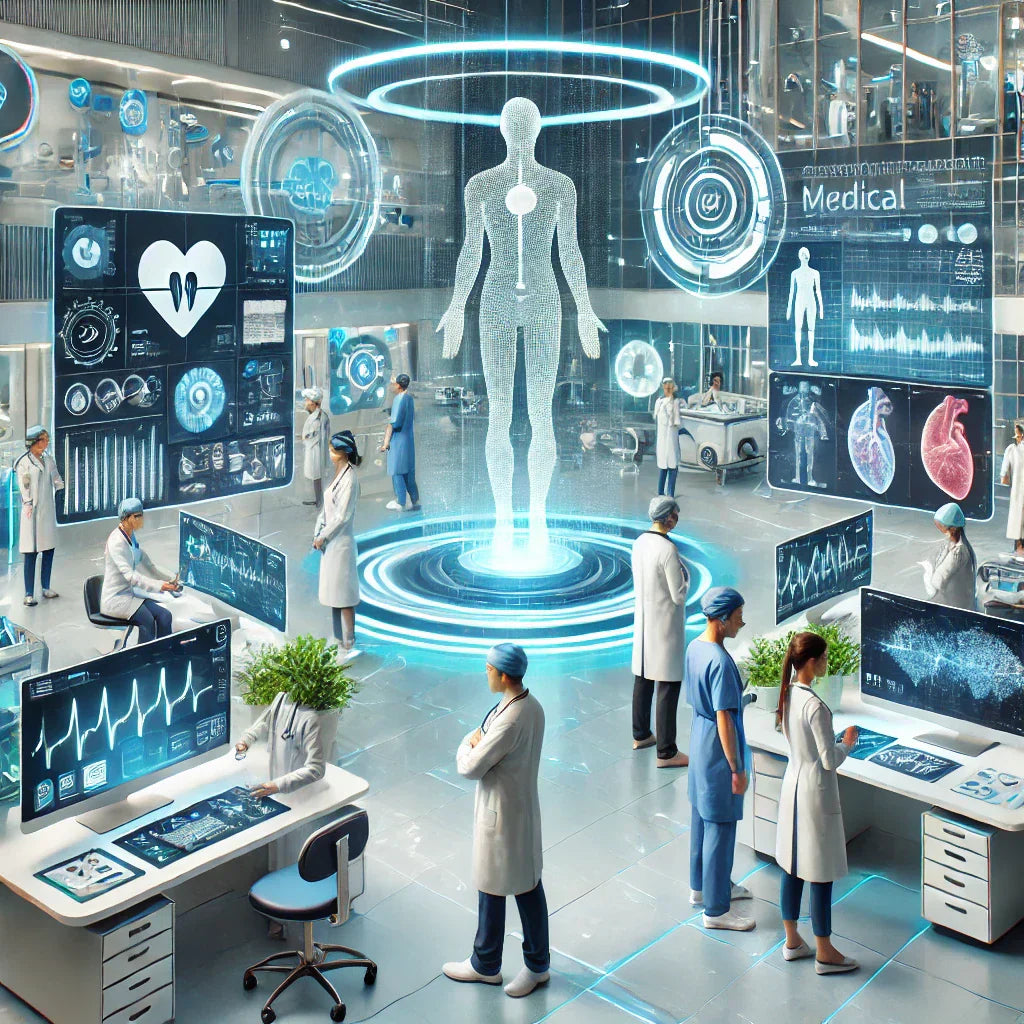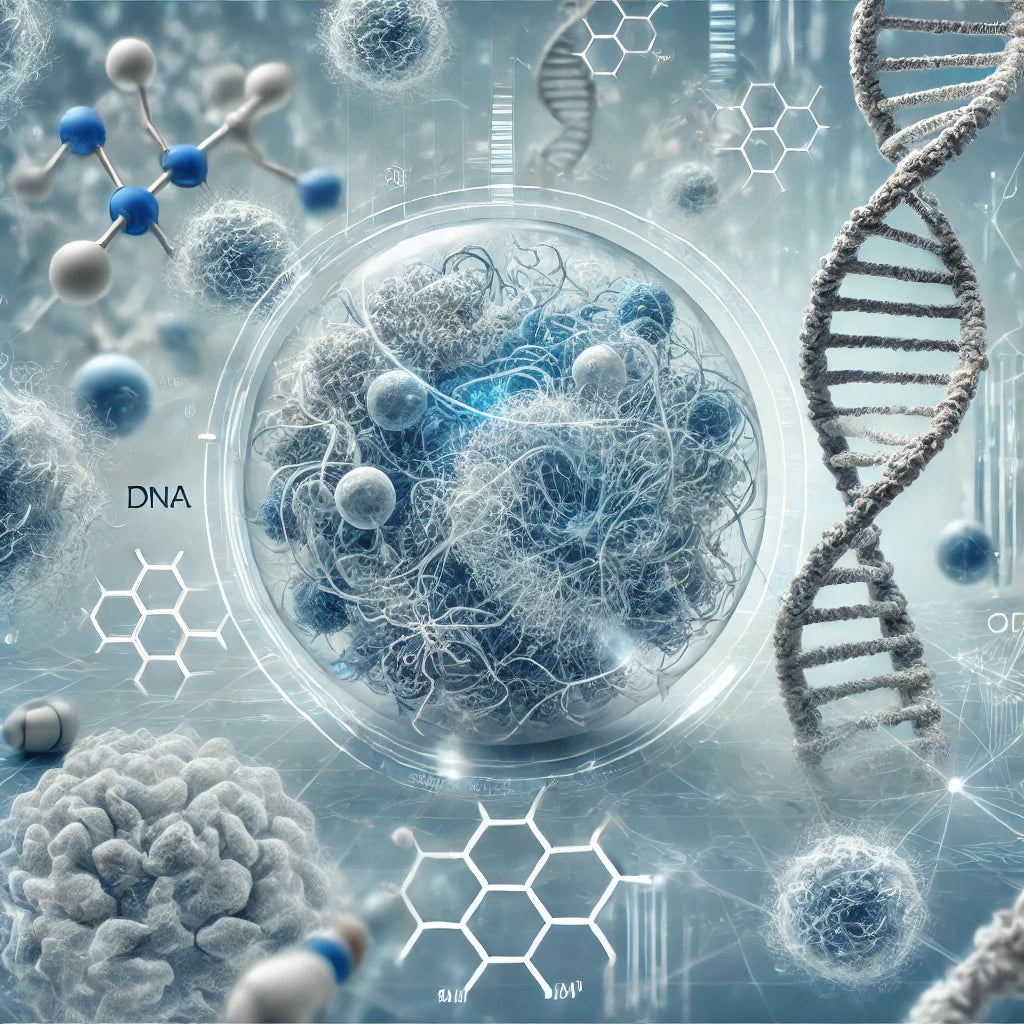News — personalized medicine
CRISPR’s Blueprint for Hope: Editing the Future of Duchenne Muscular Dystrophy
biotechnology Cas9 CRISPR CRISPR breakthroughs CRISPR clinical trials CRISPR for DMD DMD treatment Duchenne muscular dystrophy dystrophin gene ethical gene editing exon skipping FDA CRISPR trials gene editing gene repair genetic disorders genetic mutation treatment genetic therapy muscle gene therapy personalized medicine rare disease research
For decades, Duchenne muscular dystrophy (DMD) has been a devastating diagnosis. Affecting roughly 1 in 3,500 boys worldwide, this rare genetic disorder gradually strips away muscle strength, leading to loss of mobility, cardiac failure, and shortened life expectancy. Despite years of research, effective long-term treatments have remained elusive—until now. Enter CRISPR, a revolutionary gene-editing technology that offers a glimmer of hope by rewriting the very blueprint of life.
CRISPR, short for “Clustered Regularly Interspaced Short Palindromic Repeats,” is transforming how scientists approach inherited diseases. For DMD, CRISPR offers a potentially curative path by targeting the underlying genetic mutation in the dystrophin gene. As clinical trials unfold, researchers and families alike are watching closely, fueled by cautious optimism. This article explores how CRISPR is shaping the future of DMD treatment, the ethical and technical challenges ahead, and what it means for a new era of personalized medicine.
From Diagnosis to Treatment: The Impact of AI on Every Stage of Healthcare
AI in healthcare AI research artificial intelligence big data healthcare diagnostics digital health future of medicine healthcare technology medical innovation personalized medicine precision medicine robotics surgery telemedicine
Artificial Intelligence (AI) is transforming the landscape of healthcare. From enhancing diagnostic accuracy to personalizing treatment plans and optimizing patient care,
AI is revolutionizing how medicine is practiced. In this comprehensive guide, we explore the diverse ways in which AI is reshaping healthcare, provide scientific insights, and offer practical tips to help both beginners and experienced readers understand and embrace these innovations for a healthier future.
The Power of Genomics: How Big Data is Driving Personalized Medicine
Advanced Healthcare Solutions big data data-driven medicine Future of Medicine Genetic Data Analysis genetic research Genomic Data Utilization genomics genomics technology Health Data Analytics Healthcare Innovation Patient-Specific Treatment personalized medicine precision healthcare Tailored Medical Treatments
Genomics, the study of an organism's complete set of DNA, has transformed our understanding of health and disease. Paired with big data, it has unlocked the potential of personalized medicine, enabling tailored treatments based on an individual’s genetic makeup.
This article explores how genomics and big data are reshaping healthcare, from advancing precision medicine to addressing complex challenges. We’ll also discuss its applications, benefits, and the future of data-driven medicine.
Can microRNAs Be Used as Biomarkers for Aging?
age-related diseases aging biomarkers aging research anti-aging research biological age biomarkers for aging gene expression regulators gene regulation microRNA aging profiles microRNA and aging microRNAs miRNA expression miRNA sequencing miRNA stability miRNA therapies miRNA-based diagnostics miRNAs miRNAs and longevity miRNAs in disease detection non-invasive biomarkers personalized medicine
Can microRNAs be used as biomarkers for aging? This question has sparked the interest of researchers worldwide as they explore the molecular mechanisms of aging. microRNAs (miRNAs) are small, non-coding RNA molecules that play a crucial role in regulating gene expression. Their ability to modulate key biological processes has led scientists to investigate whether these tiny molecules could serve as reliable indicators of aging. As we age, changes in miRNA expression occur, and these alterations could potentially be harnessed to track the aging process, predict age-related diseases, and improve personalized medicine.
The idea of using miRNAs as biomarkers for aging is particularly exciting because it represents a non-invasive, easily measurable tool for assessing biological age. Chronological age does not always align with how our bodies age at the cellular level. By focusing on biological markers like miRNAs, researchers hope to develop methods that can provide a more accurate reflection of individual health, aging, and susceptibility to age-related diseases. This article will delve deeper into how miRNAs function, their role in aging, and whether they can be effectively used as biomarkers.



